“In 2023 one would think gender equality is an age-old issue and surely, we would have achieved that by now. Sadly, this has not occurred.”
Foreword
“We have as a nation spent lots on research, undertaken a myriad of initiatives and have made some progress. Victoria recently introduced the Gender Equality Act [2020], compelling defined entities to have plans in place and to report on their gender equality action plans. Federally, the Workplace Gender Equality Agency has some regulatory powers to provide visibility on a company’s gender equality action plans. These structural changes are positive. The challenge of course is that there is yet to be universally acceptable measures on race and cultural diversity lenses on gender. As a result, a woman who has more than “one tick” against her, is yet to see the positive impact of these structural changes.
We must learn from the current approaches to gender equality by ensuring it is not a homogenous issue that sees some women left behind. That is, we must collect data that is more than just gender; that setting targets for gender must include other lenses; that “gravitas” is not a prerequisite for leadership; that having an accent is perfectly fine and should be valued.
It takes Two to Tango. Women of Colour and Culturally and Linguistically Diverse Women have worked hard to overcome many challenges to acquire an education, to build resilience and life experience. Some have had to overcome very challenging cultures and traditions. They don’t need structures or leaders in our democratic system to prevent them from making their contribution, inadvertently or otherwise.”

Vivienne Nguyen | Victorian Multicultural Commission Chairperson
The aim of this updated report is to reassess the barriers and success factors for culturally diverse women and women of colour in the workplace and amplify what is still missing.
Background
Across 2016 and 2017 MindTribes had 102 conversations with Heads of Diversity and Inclusion, and People and Culture advisors and leaders, including Chief People Officers of leading private and public sector organisations.
These leaders were Anglo-Saxon women and men who were tasked with addressing gender inequality in the workplace. MindTribes proposed an intersectional approach to the gender work or a targeted career management program to address the specific inequity faced by women who identified as Culturally and Linguistically Diverse [CaLD] and/or Women of Colour [WoC] – with the aim of sponsoring their improved career mobility.
This intersectional approach, comprised of gender, race, culture and age, was met with hesitation, a lack of understanding, and a belief that it presented too complex a challenge without data sets on ancestry. The preference from leaders was to work at improving gender equality first before focusing on intersections, with the assumption that gender equality activity [mentoring, leadership programs, targets] would inadvertently make reparations for CaLD and WoC in the long run.
In a 2016 survey, 90 CaLD women and WoC told MindTribes that unless they were earmarked for these activities, they were rarely given the opportunity to participate, as they were not on the talent pipeline. They also shared that if they did go on women’s leadership development programs [often using their own funds], these programs were not tailored for their needs, e.g., suggesting relying on networks as an activity, when migrant women often had limited access to the social and political capital of well-established networks.
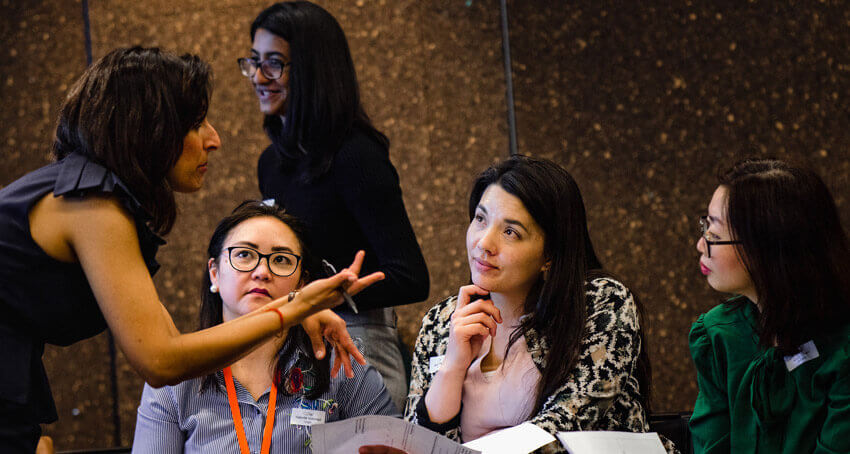
We, as Founders of MindTribes, felt compelled to capture this lived experience, as it connected deeply to our own story of trying to fit in, pipe down, stand up, fade away or break through as migrant professionals. In 2017 we decided to fund our own research, with the support of The University of Melbourne students, to provide CaLD women and WoC with practical steps to advance their careers. We conducted deep 90-minute interviews with 18 CaLD and/or WoC who:
- Came from Indian, Asian, African and European (migrant) heritages.
- Represented property, finance, banking, telecommunications, STEMM, logistics and education in the private and public sectors.
- Held role titles: CEO, Vice President, Executive Director, Director, General Manager, Senior Manager, Department Head, Function Head.
- Belonged to the median age range: mid-forties.
These women shared the success factors and the barriers to their career progression with us in 2018. See Table 1 below:
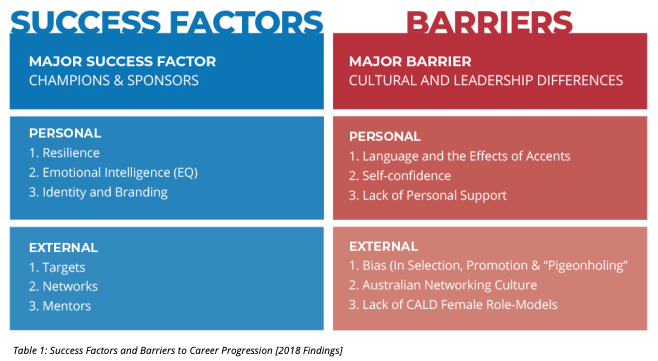
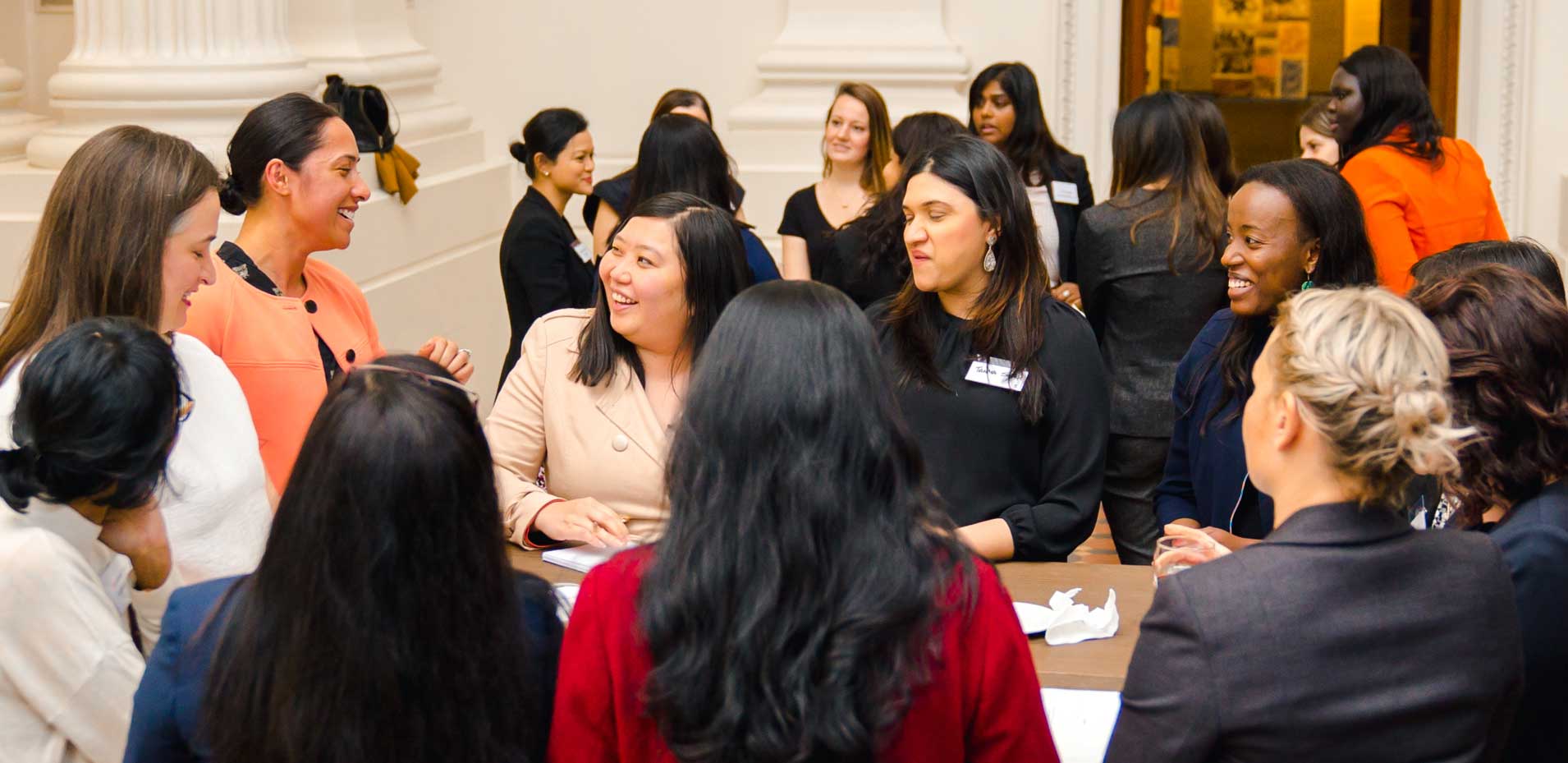
We also surveyed 40 Senior Anglo-Saxon men asking them what leadership qualities and capabilities they expected leaders to have to be eligible for promotion [see Figure 1]; and to assess their views on what specifically CaLD women could do to improve their prospects for advancement [see Figure 2]. These leaders:
- Represented aged care, the rail industry, property, AFL, banking, energy, NFP, BPO, government, airline, telecommunications, engineering, IT, and logistics.
- Held role titles of CEO, COO, COO Country Manager, CTO, CIO, CFO, Partner, Director, Heads of, General Manager, Special Counsel, Regional Head, Financial Controller.
What are the 3 most important qualities/capabilities that you look for in a senior leader?
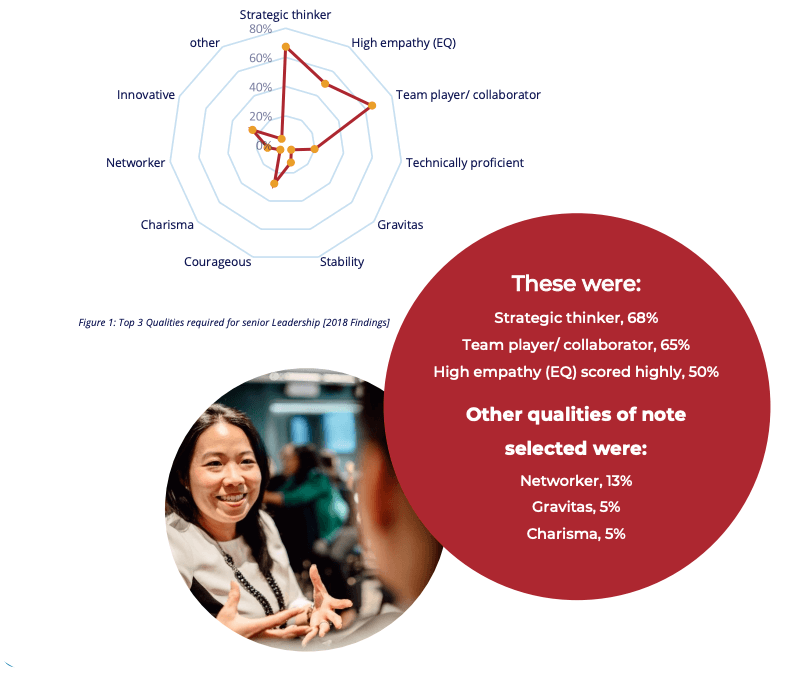
Suggested Actions for CaLD Women by Anglo-Saxon Male Leaders
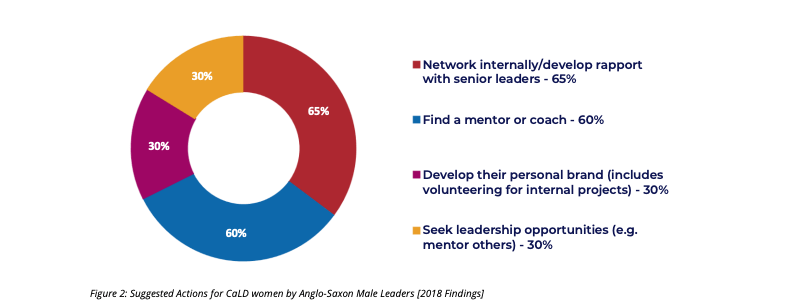
This insight told us a lot about what WoC and CaLD women were experiencing from an internal and external perspective. We used the following three focus areas from the data collection to inform the design of our Career Management Program for CaLD women and people of colour:
- The barriers identified by CaLD women in their success journey [this told us a lot about how women feel and think when trying to progress their careers].
- Anglo-Saxon male leader expectations on what qualities are required for promotion [we learnt that many of these qualities carried a cultural bias and caused pressure for CaLD people to adapt significantly, often losing the value of their identity].
- The suggested actions for CaLD women to advance revealed a limitation on real outcomes, i.e., women could network, improve their brand, be mentored, mentor others; and still likely not move their careers forward.
To address these issues and to centre the experiences of CaLD and WoC, our program focusses on the cultural strength of identities, and best practice career management tools and frameworks boosted by strategically selected allies and advocates. Since 2017, we have supported over 600 culturally diverse women to advance with the support of their allies and advocates. Across 2017 and 2019 we delivered this program to Victorian and NSW women with Michelle Redfern [Advancing Women in Business and Sport], who provided continuous insight from an Anglo business leader perspective.
Since 2020, this career management program is carried by Monash Business School and The Faculty [Procurement Membership Organisation] with a focus on women.
We have also influenced our clients to take this program inhouse to sponsor men, women and non-binary CaLD and people of colour. Over 80% have progressed their leadership careers, stepping up into more senior roles, acquiring board roles, and gaining sponsorship for global executive MBA’s.
With this rich experience of working closely with hundreds of racially and ethnically diverse people, we are still finding that organisational systems [hiring and promotion specifically] and the judgement bias of Anglo men and women in decision-making roles has NOT changed. This accounts for the persistent gaps in representation of CaLD and people of colour in senior management and leadership roles, as well as the loss of value their diversity brings.
In 2022, we decided to go back to the women who contributed to the original research in 2018, as well as the facilitators and sponsors of our programs supporting current participants [over 70 across 2022]. We asked them three key questions:
- Do you feel that Anglo decision-makers are still operating with a low value of cultural strengths, preferring Western/Anglo leadership traits [e.g., executive presence, charisma etc.]?
- Do you feel that a sponsor/champion who is Anglo improves the chances of CALD/WoC obtaining leadership roles?
- Are the success factors and barriers still relevant from the 2018 research? Are there any you would add or disagree with?
The following analysis is informed by our work over the last five years advocating for CaLD and WoC. It provides clear evidence of how the slow progress made in representation, equity and inclusion continues to negatively impact women’s participation in the spaces where they should truly belong.
Div & Vick Pillay | Co-Founders MindTribes
QUESTION 1
Do you feel that Anglo decision-makers are still operating with a low value of cultural strengths, preferring Western/Anglo leadership traits [e.g., executive presence, charisma etc.]?
100% of women answered YES and reported that they felt they were regularly asked to change their behaviours to appear more like the homogenous group of Anglo men and women in executive roles. Development feedback and the rationale provided for not securing internal secondment and promotional opportunities reflected the belief that CaLD and WoC should adapt or change their style and approach of communicating, presenting and interpersonal relationship-building to be more Anglo-Saxon.
Women shared three main themes when answering this question. Quotes are included to showcase how deeply women feel and think about this issue:
1. Personal adaptation to navigate the system
Women expressed consistently that they had to personally adapt their style of communication, their physical presentation, and the way they thought and expressed themselves. Women felt fatigued and emotionally burdened to maintain this adaptation to receive the respect they deserved.
“How you dress, present yourself, introverted nature vs extroverted nature, assertiveness, how you speak/accent and mannerism of leadership still very much this, but have a long way to go to fully encourage all cultural strengths that comes with leadership.”
“As an aspiring executive, I believed I had to think and behave similar to the western counterparts to be treated with equal respect and seriousness. It is not ‘til recently I have felt empowered to be who I am and bring in my cultural heritage into everyday conversations.”
2. Lack of knowledge on what cultural strengths are
While women knew what their cultural strengths were, there was clear recognition that Anglo leaders did not know what this meant specifically and that they required the understanding to truly value these unique skills, competencies and knowledge. Women felt that without this understanding, cultural bias would continue, leaving women burdened with proving their worth. There was a clear lack of faith that Anglo leaders would be interested in discovering this on their own, as many leaders did not recognise their privilege and power, nor their bias in overvaluing migrants from Anglo and European backgrounds.
“It would be useful to spell out what cultural strengths are so that non-CaLD leaders know what to look out for and understand the unique value it adds e.g., enriching contexts, building broader and deeper strategic relationships, building quicker rapport and trust particularly with communities, customers, clients often marginalised etc. Case study examples of how these strengths translate in an operational context and specific benefits would further drive home the point. I think some of these points are in the blind spots of leaders without lived experience of marginalisation or who aren’t CaLD.”
“I believe that Anglo decision-makers are often unaware of other cultural strengths or nuances leaders from these groups bring to the table. I think some of this may be linked to who they mix with in their personal and professional circles. If you were to map out great traits of executives or decision-makers these would exist in people regardless of their cultural background. What diversity brings to the table is not the behaviour but the experience, diversity of thought, connections etc. I think this is what Anglo decision-makers don’t understand and make judgements on look, language, accent, etc.”
“We still operate in a principally colonialised mindset and one that values ‘white’ behaviours, values and norms above all others. I have seen foreigners being valued for their professional and lived experiences, but these mainly relate to those from Anglo-Celtic or European ancestries – Americans, Scandinavians, British and the Irish have no problems being valued for who they are and where they are from.”
3. Cultural bias entrenched in talent decision-making
MindTribes has recognised through the many hours of listening to CaLD and WoC that cultural bias is embedded deeply in everyday working life: who gets to present to a senior audience, who doesn’t; who gets a project that gives them the visibility to the senior leadership team and who doesn’t; who gets exposure to learning a skill even when they are not ready to learn it and who does not? These moments create moments that matter. We call it ‘exposure opportunities’ – the chance to be visible and vocal to the right audience at the right time. These opportunities provided by a senior advocate signals their confidence and trust in a person to a peer audience. This social and political capital is what often mobilises the careers of CaLD and WoC.
“I’ve been told countless times by leaders and mentors to be more assertive, that I wear my emotions on my sleeve. When asked for leadership examples I have been referred to my Anglo co-workers’ traits that skew to more aggressive then direct and are not aligned with my core behaviours and values.
Additionally, these preferential Western traits and biases are pervasive when work assignments are distributed within the team e.g., within leadership there is a bias on the type of work assigned based on traits.
People of colour and women of colour rarely get the kind of work that raises their profile and mostly wind up doing behind-the-scenes work in contrast to “glamour work” given to co-workers deemed as ‘high performers’ due to male Western dominant traits; their work is highly visible and helps make a name for themselves and leads to promotions and other career success.”
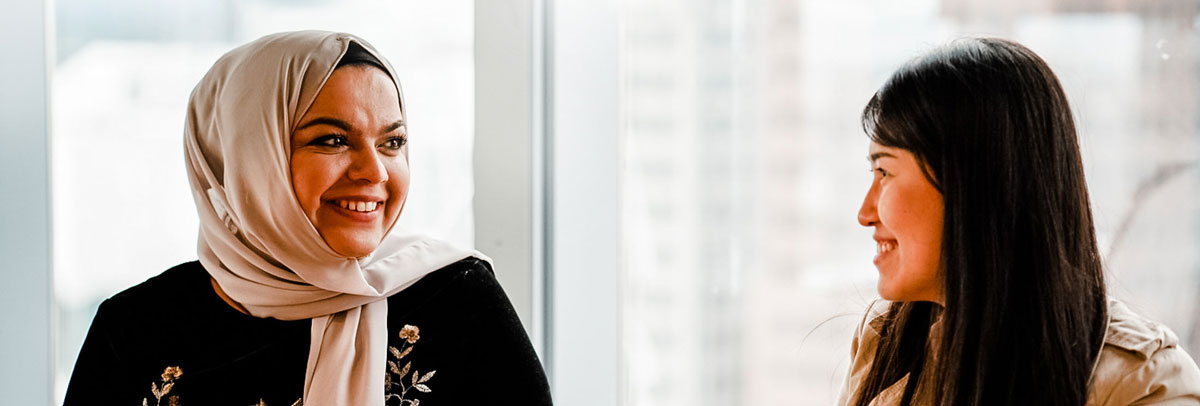
QUESTION 2
Do you feel that a sponsor/champion who is Anglo improves the chances of CALD/WoC obtaining leadership roles?
This was also unanimously answered as YES across all participants [Anglo leaders as advocates obtained tangible results in careers], with two slightly different perspectives on when a WoC was an advocate for another CaLD or WoC.
Women shared:
- That there were some limitations with advocacy, i.e., that an advocate could secure multiple interviews or introductions, however others such as HR and other senior stakeholders responsible for assessing ‘fit, competence, whether CaLD and WoC were ready’ held deep biases. Women felt that ultimately they would hit a roadblock where their advocate’s influence would not be effective in securing the role. [Our program addresses these and other scenarios directly by improving ally and advocate capability and strategies].
- That Anglo men were more willing to sponsor and champion CaLD and WoC than Anglo women. MindTribes supports this finding through direct experience of sales conversations, advisory and consulting with Anglo women, many of whom hold affinity biases to making reparations for women similar to them and are challenged to prioritise other gender intersections [women who are racially, ethnically different, who hold diverse abilities, caring responsibilities, live in remote and regional areas, have had different educational and career pathways etc.]
- That advocacy is about the ‘Trust Circle’ of the advocate. If the advocate is trusted in their senior executive peer group, then whom they advocate for and recommend gains this trust almost instantaneously. WoC and CaLD women emphasised that when advocates were prepared to open up this trusted circle, their careers advanced, but when certain advocates were not prepared to do it, their careers stagnated.
- Some women commented that it was confronting to think that while there is majority representation of Anglo men and women in executive roles in Australia, the reality is that only a small percentage of these leaders are prepared to really open doors.
- Some women cautioned that WoC and CaLD women must be prepared to step through the doors that Anglo leaders open and to take full advantage of opportunities, otherwise they run the risk of advocates withdrawing support. MindTribes’ programs address this preparedness and the confidence of CaLD and WoC to leverage advocacy, recognising that this is an outcome of historic disadvantage of not being in spaces that are Anglo dominated.
Women also shared key insights when a WoC was an advocate:
- There was an undue pressure and emotional burden on an executive WoC leader when advocating. MindTribes concurs with this insight, during our various listening sessions we frequently hear of the exhaustion WoC experience, not only when propelling their own careers but pulling up other WoC behind them. We often hear how isolating this is given that WoC in executive positions are rarities.
- That when a WoC advocate has been in the executive for some time, they are trusted both by Anglo leaders and by WoC as a role model, therefore when they make a recommendation or sponsor other WoC it is taken seriously. MindTribes is aware of the inherent risks with this thinking, e.g., all CaLD and WoC are held in the image of one WoC who holds an executive role and when the next pipelined person enters the role, they are exposed to harsh comparisons and unnecessary pressures to be the same. For example, how will another WoC cope in the shadow of Shemara Wickramanayake or Indira Nooyi?
3. Some women shared that they had WoC leaders and advocates who despite their efforts could not get results with pay equity or improved promotional pathways. However, Anglo men and women advocates on the same level as WoC advocates obtained the redress of both pay and promotion. MindTribes notes that this is indicative of the maturity of the conversation on race and ethnicity in ‘circles of trust’ in some organisations, e.g., some WoC advocates have newly formed and sometimes contractual trust circles [those circles that can withstand everyday support of internal matters but can’t withstand or open up enough for the advocacy of staff who have experienced discrimination].
“Irrespective of my accomplishments I was unable to get promoted or a pay rise, despite the advocacy provided by my direct people leader (a Woman of Colour). It wasn’t until an Anglo executive sponsor advocated on my behalf to another male hiring manager that I was successful in securing both a raise and promotion. To gain the sponsorship I had to demonstrate evidence above and beyond required for pay review as to why I was deserving, which was mostly due to the long gap in my last pay review, 3 years, and the market value of my skillset. My pay had been benchmarked against middle of the line Anglo male co-workers instead of based on my skills, experience, and contributions.”
QUESTION 3
Are the success factors and barriers still relevant from the 2018 research? Are there any you would add or disagree with?
All women were in agreement that the success factors and barriers were still relevant. They contributed further additions listed below and questioned the meaning of two of the factors.
“I think the attributes below are pretty spot on. I would say that selfconfidence is a critical success factor, and the right mentors/sponsors can help find the right balance in individual self-confidence which varies from person to person. Agree accent is one of the biggest barriers as it gives rise to bias and pigeonholing. Whilst I grew up here and do not have the accent, I can see it becomes a focus of migrants to “fix” their accent in order to be more accepted which is sad. Whilst multiculturalism is more accepted today than 20 years ago, the linguistic and accent bias remain pretty strong especially in the corporate world.”
What Women Would Add:
- System and Structural Change as a Major Success Factor: “We need to include systems/structures that are embedded so that success for WoC is not reliant on individuals opening doors for them, but also the organisation’s commitment to WoC succeeding and investment in WoC leadership (e.g., through accountability, programs run, funding, targets etc.)”
- Lack of Intersectionality as a Major Barrier: “The overlooking of the intersectional in the gender diversity narrative in corporate. The current gender diversity agenda is founded on white feminism and neglects the nuance and hardships of diversity within. The intersectionality practiced by the white-led feminist sector serves to uphold white supremacy and other structural inequalities. As a Woman of Colour our experiences and identities are marginalised by practices that treat race and gender as mutually exclusive categories.”
- A Resistance or Denial Workplace Culture as a Major Barrier: “Resistance/Denial – a culture that is as dismissive of WoC/PoC experiences and insights e.g., The ‘Not Here’ Syndrome that results in racism denial, workplace inequity, and the futility of speaking out.”
- Lack of prioritisation of cultural diversity in diversity and talent efforts: “This is a major barrier, when the organisation does not prioritise cultural diversity in DEI efforts and when there is an absence of robust talent pipelines and development programs designed to nurture and progress WoC to leadership positions.”
- Sponsorship not Mentorship: “I would change ‘Mentor’ to Sponsors. We have been over-mentored and I’m a big believer in the ‘right’ Sponsor instead of Mentor as they add agency and advocacy for you when you’re not in the room for the next role or promotion.”
- Networks: “I would add having contacts/networks who are Anglo or outside your own cultural bubble helps contribute to a CaLD woman’s success. Having more Anglo friends influences mindset.” “As an extension of networks, I would place emphasis on having a ‘tribe/personal advisory group’. Finding your community and space that you feel you can be your authentic self. Individuals who can validate your thoughts and experiences. This can especially help you out when you are being gaslit or feeling stuck in a role. It helps remind and ground you to your priorities and not in a self-bubble.”
- Commitment to continuous Personal Development and Self-Reflection: “An additional personal major success factor from my experience and observation is the commitment to continuous personal development and self-reflection. It gives us a chance to consult, do self-audits, reflect on our gaps and do something about it if we want to. I note that one may choose not to do anything about personal development at all or just pause for a while.” Women also commented that dealing with all that WoC and CaLD women have to from a family and professional perspective offers little time to prioritise self-development and that it takes discipline to make the time.
- A career plan designed on your own terms: “We often get told what to develop, where we should be in terms of career and that is often from an Anglo and biased mindset. What I truly want to develop in and where I want to go is seldom part of a genuine conversation with my leader. I have a career plan for work that is performative and one that I have developed personally – if I share this, I am sure my leader will say, you are not ready for that yet, I know I am. Having a clear goal and vision really helps to anchor oneself whilst dealing with a lot of distractions and gaslighting.”
- Cultural and family responsibilities: “I have a place in my family and extended family that has carried through generations, and while I have changed to make a new life here in Australia I still have responsibilities to children, my partner, our parents on both sides and our extended family. Sometimes this can feel to Anglo women and men that I am ‘backwards’ or old school and I should be a modern woman, pushing back and doing ‘self-care’. I need to balance what is right for me.”
What Women Critically Questioned:
Women critically questioned two success factors and barriers from the 2018 research: “Resilience” as a success factor and “Cultural and Leadership Differences” as a major barrier.
“Resilience” is a double-edged sword:
“I feel WoC are expected to be more resilient and that organisations/leaders use resilience as an easy way to diminish leadership styles that are more led by empathy and compassion. It’s also used against WoC who speak out against unsafe or challenging workplaces e.g., being told they need to be “more resilient” rather than addressing the problem i.e., the toxic workplace.”

MindTribes agrees with this position. Over the last five years, a shift has occurred in the level of tolerance for and resilience against discriminatory behaviours. Resilience is often used to describe a coping mechanism. Being asked to be more resilient is a heavy emotional burden that many WoC and CaLD women are increasingly unwilling to bear.
“Cultural differences are not barriers”:
“I see it as a learning opportunity for both parties involved. In the global society that we live in, being culturally sensitive and understanding of different cultures should be considered the norm.”

MindTribes also agrees with this position; we need to shift the conversation to the valuing of cultural strengths and not see cultural differences as a leadership barrier or an area of development that requires racially and ethnically diverse people to hide their culture or change their identities to adopt more Anglo-Saxon behaviours. We advise Anglo-Saxon leaders regularly that this is a loss of diverse thinking.
Three themes on the progress of CaLD and WoC into leadership rolesin Australia
1. CaLD and WoC Leaders Supporting Others
With the migration journey of many professionals maturing, we see a natural evolution of strong support networks of CaLD and WoC and more senior professionals steering and guiding others. We see this sense of community and generosity in our qualitative listening sessions, even with those whom we have just met or were referred by others. There is an affinity and a connection with a shared experience which mobilises support quickly.
“Whenever I see a CALD woman in a leadership role, I am proud of their success and achievement. I know and understand how hard it can be to climb the corporate ladder, how at every rung there is another challenge, pausing to celebrate can be hard when you are constantly having to prove why you are there.
For those of us who are on that journey we need to make sure that we are bringing up as many other CALD women as we possibly can. I am here and there are many more outside that door. However, don’t think it only needs to be for leadership positions, open the doors for everything and at every level and then mentor, help, guide them to what their potential may be.”
2. Positive Change in the Conversation on Race and Racism in Australia
When we started advocating for change for equity for racially and ethnically diverse people in 2012, there was no conversation, in 2016 and 2017 there was acknowledgement that it required attention, but there seemed no space or investment to address the core issues. Since 2020, there was a distinct step change when prospective clients contacted us proactively to seek advisory on the response to George Floyd’s death. That was our opportunity to have a real conversation on race and racism from a non-Indigenous perspective. We have been engaged in hundreds of hours of listening sessions to understand the lived experience of racial and ethnic inclusion and equity and this has informed the conversation on the change required. We have also undertaken demographic data collection to change the way HR systems allow people to identify themselves. We have seen Anglo-Saxon leaders acknowledge their power and privilege to lead with empathy. We have also seen performative practices like the over-investment in learning [e.g., cultural competence], with no resultant addressing of representation or inclusion, nor direct investment in CaLD or WoC professionals.
“I think one cannot underestimate the compounding impact of the Black Lives Matter protests globally, the fact that we all collectively were at home during various COVID lockdowns to watch and we could not look away, and the need and impetus to not just act, but to be seen to be doing something meaningful. It has created discourse in environments where these issues were ever present but too delicate to be raised. All of a sudden there has collective noise and collective action and accountability. I feel like we are heading in the right direction. It would be good to see the story the data tells.”
3. A little Less Conversation, a little More Action
Overwhelmingly, the commentary and sentiment from CaLD and WoC indicates frustration with the fact that while the conversation is building, it has so far translated to little and/or slow action.
“Current representation of CALD/Women of Colour in leadership roles is an extremely low fraction of the demographic that is ready, able and willing to step into leadership and make a notable contribution. Change is frustratingly slow, and organisations are not doing enough to champion change.”
Women shared with us:
Transactional inclusion, tick the box representation:
Women shared they were recognised for their gender and their race but not valued for their contributions enough to access promotional ladders and leadership roles.
“The progress of CaLD Women into leadership roles is still slow. At a time where there’s so much talk about Diversity and Inclusion, there’s a lot more talk versus real action. Unconscious bias still exists, and the bamboo ceiling in Australia is still there. Often when I share the challenges of being a CaLD woman, I am met with surprise… such as, “What do you mean? Being a CaLD woman is even better; you tick the gender box as well as the culturally diverse box.” The reality however is so much further from that! When it comes to the crunch, managers are still hiring people who are like them because it feels comfortable. Often CaLD women/men are hired because they are ‘cheaper’ and don’t demand as much money.”
“As Australia becomes more multicultural, the makeup of WoC in senior leadership positions across organisations has not changed to reflect this. The persistent and pervasive under-representation of WoC in leadership is something that needs to change. WoC are not lacking in qualifications, talent, experience, ambition, or agency. But right now across our workplaces, ‘tables’ and corridors of power they’re seen and not heard, and generally not valued or regarded as leadership potential. This represents both a shame and an opportunity. The organisations that realise and act on this are the ones that will not only survive but thrive.”
Lack of addressing systemic, structural barriers
These include pay, promotional pathways and leadership roles for CaLD and WoC compared across industries and with international standards.
“We are barely scratching the surface when it comes to supporting WoC/CaLD women into leadership roles. Australian workplaces are falling behind international counterparts when it comes to embedding support for WoC/CaLD women and being bold in taking action in acknowledging and addressing the barriers faced by WoC/CaLD women in reaching their full leadership potential.”
“There has been some progression within gender diversity, however there is still a stark void of Women of Colour in leadership across main industries and communities that is really disheartening. The talent pool is overflowing, however there are persistent systemic barriers restricting CaLD/WoC women’s upward mobility in progressing into leadership roles that requires swift measurable actions by senior leaders and initiatives grounded in the experiences of Women of Colour rather than devoid of it.
Definitions
We acknowledge that race and ethnicity are best described by individuals as they connect with different parts of the rich heritages that make up their unique identities. For the purposes of this report and how people who contributed identified themselves:
Culturally and Linguistically Diverse Women (CaLD):
Refers to anyone with non-Anglo Celtic cultural origins. This recognises Indigenous peoples from different lands and the successive waves of migration across history. Culturally and linguistically diverse includes people with Indigenous, European (Greek, Italian etc.), Asian, African, Middle Eastern and Pacific Islander cultural backgrounds
Women of Colour:
Refers to a woman whose skin pigmentation is other than and especially darker than what is considered characteristic of people typically defined as white. Loretta J. Ross offers a more contemporary description, defining Women of Colour as a powerful term of solidarity that reflects a commitment to work in collaboration with other oppressed women who have been minoritised
Anglo-Celtic/Anglo-Saxon:
Refers to anyone with historical British or English descent who has generations in Australia. Whilst we acknowledge the unique historical and geographical differences between people identifying as Anglo-Celtic and Anglo-Saxon, many women we interviewed used both terms to refer to the dominant social group in their workplaces. As such, we have used the terminology interchangeably to preserve the unique voices of the women quoted in this report.
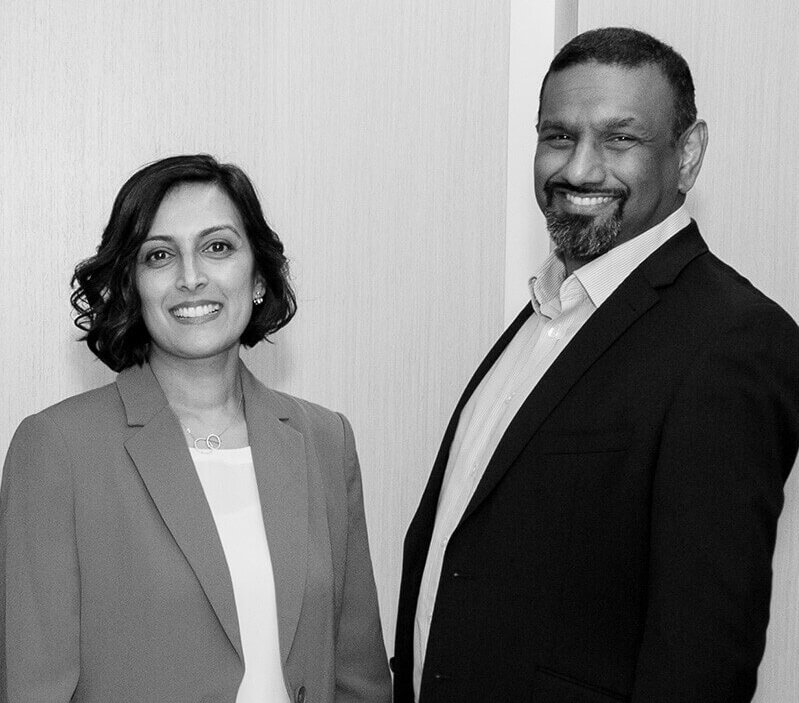
About the Author
MindTribes is a team of expert diversity consultants committed to transforming workplaces through tailored diversity, equity, and inclusion (DEI) strategies. They specialise in creating safe, inclusive environments with services like DEI strategy development, anti-racism training, and leadership programs. MindTribes combines research-driven insights with practical solutions to address systemic inequities, build allyship, and empower organisations to embrace cultural diversity. Our holistic approach helps businesses foster belonging and achieve sustainable, positive change.

About the Author
MindTribes is a team of expert diversity consultants committed to transforming workplaces through tailored diversity, equity, and inclusion (DEI) strategies. They specialise in creating safe, inclusive environments with services like DEI strategy development, anti-racism training, and leadership programs. MindTribes combines research-driven insights with practical solutions to address systemic inequities, build allyship, and empower organisations to embrace cultural diversity. Our holistic approach helps businesses foster belonging and achieve sustainable, positive change.